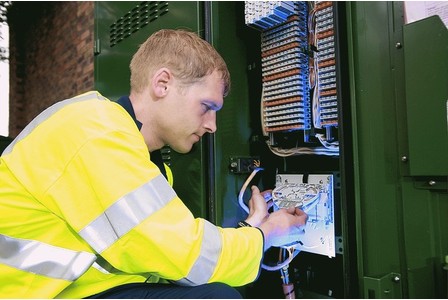Thumbs down for next generation access broadband

The rollout of BT’s next generation access broadband (NGA) has rightly come in for criticism of late, not least for leaving businesses out in the cold.
However, while its rollout of residential broadband to rural communities has been slated in a report written by the Commons Public Account Committee (PCA), much less has been said in mainstream media about the equally, if not more important lack of investment in business needs.
That same report says the Government ‘mismanaged’ things when it essentially gave BT a ‘quasi-monopoly position’ and that taxpayers are being ‘ripped off’ by this exploited position as the main provider.

The report also covers the fact that not only are rural homes suffering from a lack of investment, the same is true of business parks, town centres and other business areas.
According to a front-page article by Networking Plus, business is being largely ignored by BT for fear of next generation access damaging sales of its leased line business. A leased line, sometimes called Ethernet, being a dedicated fibre optic Internet connection installed straight into your business premises
At a PCA hearing on rural broadband in July 2013, it was revealed that BDUK research showed the rollout of superfast broadband declined as the percentage of businesses in a postcode rose.
BT and its strategy director Sean Williams came in for some fierce criticism from the committee at the meeting, the company defended its policy by claiming it simply deployed fibre optic in areas “where there is most likely to be take-up”.
However sceptical we are about BT’s excuses, that still leaves the problem of lack of next generation access to the Internet for businesses.
Alternatives to Next Generation Access
If your company is dependent upon the Internet to conduct business there are alternatives to waiting for the NGA roll out, such as EFM (Ethernet in the First Mile) and Ethernet broadband connections.
EFM uses existing copper telephone lines to provide high-speed Internet access with speeds up-to 20 Mbps (upload and download). Ethernet uses a dedicated fibre optic cable installed into your business premises with speeds up-to 1 Gbps.
Earlier this year we teamed up with Telford based Wiggins and Lockett Chartered Surveyors to install superfast broadband at Kingswood Business Park near Wolverhampton, a simple and effective for a rural business community. Based on Ethernet services the upgraded Internet connection is providing speeds far superior to normal ADSL services and more than comparable to the next generation access being installed by BT.
If you would like to hear more about alternatives to next generation access and see whether your business might benefit, call us today on 01952 303404.
